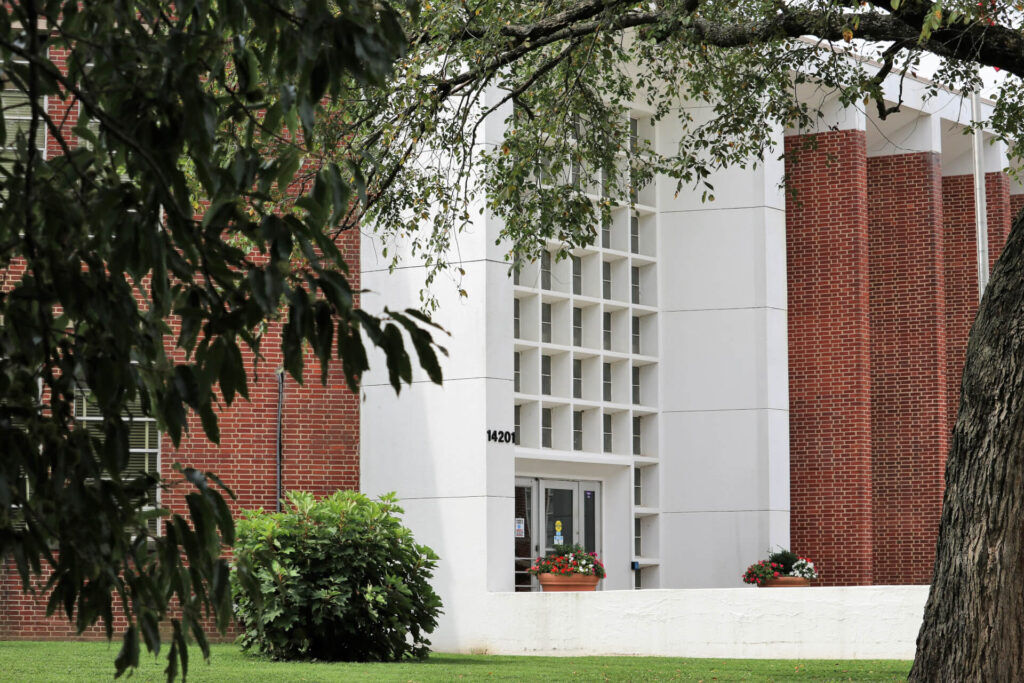This article was republished with permission from WTOP’s news partners at Maryland Matters. Sign up for Maryland Matters’ free email subscription today.

This content was republished with permission from WTOP’s news partners at Maryland Matters. Sign up for Maryland Matters’ free email subscription today.
The Prince George’s County Board of Education has seen many changes over the years.
It has consisted solely of political appointees, it has been all-elected, and it has been — and is currently — a hybrid, made up of both elected and appointed members.
Following a turbulent year, it appears the wheels of change are about to spin again.
A task force empaneled to explore potential changes in the structure of the school board has tentatively recommended doing away with the board’s four appointed members.
If the recommendation is adopted, the current board — made up of nine elected and four appointed members, along with a student member who votes on some matters — would be replaced with a new all-elected board. It would consist of nine members elected by district and a student chosen by their peers.
Members should be limited to two four-year terms, according to the task force.
In addition, the board would elect its own chair and vice-chair. Currently the chair is appointed by the county executive.
County Executive Angela D. Alsobrooks (D) created the task force last year in the wake of a tumultuous set of meetings that saw the board’s factions battle repeatedly. Those skirmishes — primarily between chair Juanita D. Miller and a progressive bloc — led to the filing of numerous ethics complaints. Multiple board attorneys resigned.
Among the other recommendations announced last week:
- An increase in school board salaries, from the current $18,000 per year to $27,000.
- An increase in the board chair’s salary, from $19,000 to $32,000 annually.
- A requirement that board members attend educational conferences and engage in professional development.
- A requirement that members engage in “self-evaluation” and “accountability.”
The task force’s recommendations will be the subject of a public hearing on Jan. 19.
During the 2018 campaign, candidate Alsobrooks urged a return to an all-elected board.
“I still feel that,” she said on Friday. “They’re looking at best practices from around the country. We thought that this was an intelligent way to move forward.”
“We didn’t break the school board,” she added. “This has been an issue that has been with us for so long.”
Alsobrooks said she expects to receive the task force’s final report in February. Any changes to the structure of the school board would require state legislation. The executive said she will ask the Prince George’s delegation to craft a bill to advance those concepts she supports.
Sean T. Coleman, chair of the task force and a Bowie State University professor who teaches educational leadership, stressed that the recommendations announced this week are “only preliminary,” and he encouraged the public to participate in next week’s hearing.
“While we will report out some potential, preliminary recommendations, they are up for adjustments or revision or refinement,” he said. “As well as everything else that is on the chopping block or discussion block.”






